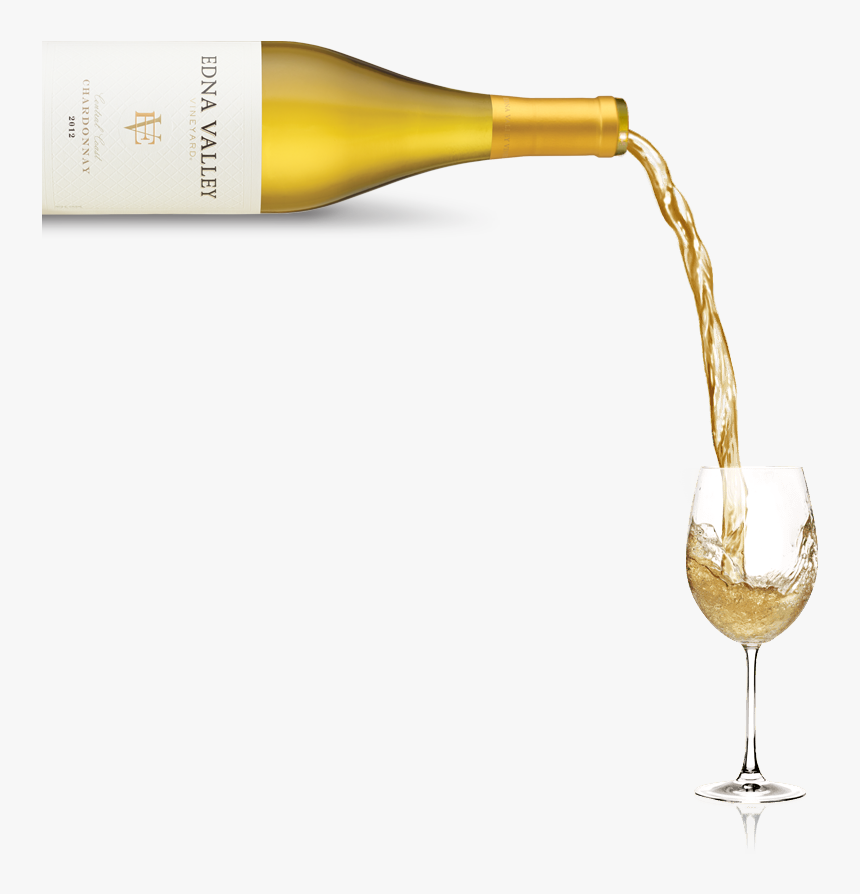Our Home and Native Beer
Canada Day passed us by at the beginning of the month, and your humble narrator observed this solemn occasion by cracking open a few craft beers made in our great country.
Sadly, our big national brewers, in the form of Molson and Labatt, have long since been swallowed up by the globalization and consolidation trends in the booze industry, and are now foreign-owned breweries.
All that patriotic imbibing got me to thinking about the history of beer in Canada. It all started in Montreal in 1786, when a fresh-faced young immigrant named John Molson opened up a little brewery on the banks of the St. Lawrence river.
While the French-speaking majority in Quebec preferred wine, this was a turbulent time in Canada’s history, with many British Loyalists emigrating from the rebellious United States to the more properly regal nation of Canada, which was still loyal to the British crown.
This influx of beer drinkers was just what Molson needed, and before long, his little brewery had grown to ten times its original size, and still could not keep up with demand.
To this day, the brewery operates from the same location on the banks of the St. Lawrence river, churning out frosty bottles of liquid joy for boozers across Canada and around the world.
Molson Breweries is the second-oldest continually operating company in Canada, trailing only the Hudson’s Bay Company.
In a shocking blow to our national pride, Molson was acquired by Denver-based Coors in 2005. Molson still controls around 40% of the Canadian beer market, but its new corporate parent gives it a more global reach to world markets.
Labatt Breweries were a relative latecomer on the Canadian beer scene, opening for business in Ontario in 1847. Times were tough during Prohibition, but they struggled through, and were the only Canadian brewery to emerge from the dark days of that failed social experiment with their original management team intact.
Similar to its arch-rival, Labatt controls around 40% of the Canadian beer market. The 20% not controlled by Molson or Labatt are a few regional brewers like Moosehead, and a whole bunch of small fry like Big Rock or Wild Rose.
In an increasingly common twist of fate, Labatt was acquired by a multinational beer conglomerate back in 1995, and is now part of Belgium-based InBev, the second-largest beer company in the world.
The original Labatt brewery in London, Ontario is still in operation to this very day. While the London brewery is still the largest, it is tough to meet national demand from a single brewery. There are additional breweries in Newfoundland, Nova Scotia, Quebec, Alberta, and BC.
Interestingly, they don’t just brew Labatt products. Since Labatt is one small part of a global booze conglomerate, the Labatt breweries in Canada will sometimes brew other beers in the same corporate family, including Kokanee, Budweiser, Stella Artois, and Becks.
All this globalization is great for cutting costs, but the hyper-industrialization of the brewing process tends to aim the flavour profile at the lowest common denominator, which is anathema to the dyed-in-the-wool beer snobs like your humble narrator.
Luckily, the tides started turning for Canadian lovers of craft beer back in 1980, when the proprietor of a Vancouver pub overlooking Horseshoe Bay was frustrated at his taps running dry when all three of the national brewers went on strike simultaneously.
Experienced boozers will remember the beer situation in Canada in the late 70’s and early 80’s as a barren wasteland of pale tasteless lagers, with the unholy trinity of Molson / Labatt / Carling controlling over 95% of the market. Import beers were not available at the time, so it was the local plonk or nothing.
Luckily, this plucky publican lobbied the BC provincial government to grant a brewery license to a pub owner, which gave birth to the Horseshow Bay Brewery, and shortly after that, the world-famous Spinnakers Brew Pub, which still operates to this very day.
This makes 1980 the dawn of the craft beer renaissance in Canada, which quickly spread from BC across the country.
Our home province of Alberta arrived to the craft beer party soon after our neighbours in BC. Coincidentally, it was another brewery strike in 1985 at the major national brewers that helped launch the fortunes of a fledgeling Calgary-based brewery called Big Rock.
In just a few short decades, our fair country has gone from a desolate beer wasteland, awash in substandard tasteless swill, to a veritable cornucopia of craft beer smorgasborg.
Do your bit to honour the hard work of Canada’s craft beer pioneers by picking up something local from one of Alberta’s many craft brewers!





